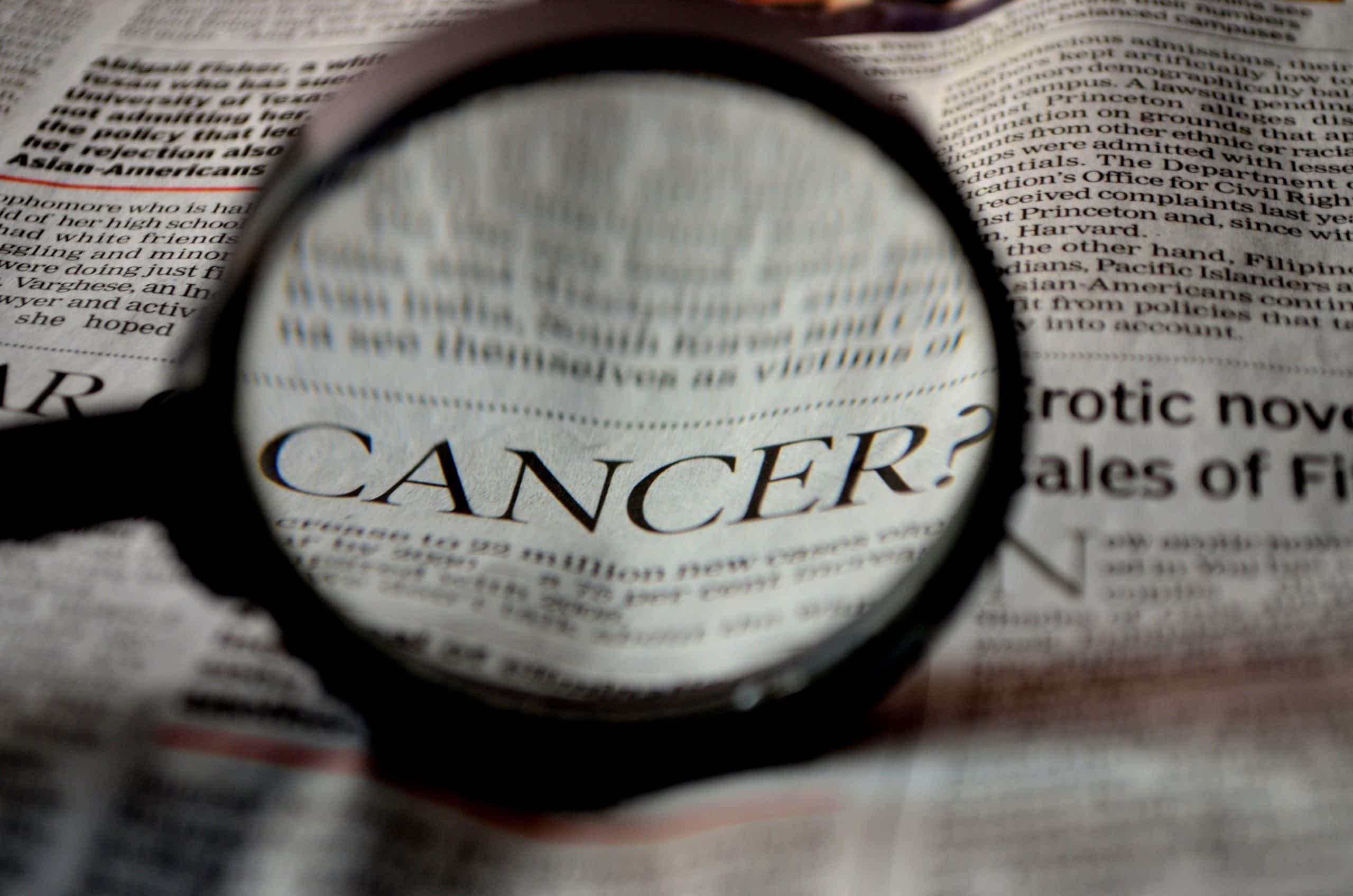
Does Age Increase Instances of Thyroid Cancer?
With September being Thyroid Cancer Awareness Month, we thought it fitting to talk about whether or not age increases the risk of this type of cancer that affects 43,000 people each year. We see many patients in hospice care in Santa Clara and elsewhere who are fighting long battles with thyroid cancer, which affects the thyroid gland. This gland makes hormones that are responsible for regulating metabolism, blood pressure, heart rate, and body temperature.
It’s usually diagnosed at a younger age than other kinds of adult cancers, with women being three times more likely to get it than men. It is one of the most rapidly increasing cancers in this country, believed to be due to increased detection and more sensitive diagnostic procedures (CT or MRI scans, etc.).
Thyroid Cancer Risk Factors
There are many factors that can increase a person’s risk of thyroid cancer. Those are:
- Age and gender: It’s not really clear why, but thyroid cancers happen three times more often in females than males. While it can occur at any age, the risk peaks earlier for women (usually in their 40s or 50s when they are diagnosed) than for men (usually in their 60s or 70s when diagnosed), says the American Cancer Society.
- Heredity: Many inherited conditions are linked to various types of thyroid cancer, along with family history. That being said, most people who get thyroid cancer don’t have a family history or inherited condition.
- Radiation exposure: This is a proven risk factor for thyroid cancer, with sources originating from medical treatments or radiation fallout from exposure to nuclear weapons or power plant accidents. Those who had head and neck radiation treatments as children are also at a higher risk.
- Obesity: Being overweight or obese can put you at a higher risk of developing thyroid cancer, with the risk elevating as BMI (body mass index) rises.
Early Detection
As said above, thanks to better and earlier diagnostic procedures, thyroid cancer can be detected and treated at earlier ages than ever before.
- Most cases of early thyroid cancers are detected when patients go to their doctor due to concerns of a neck lump or nodule.
- Other thyroid cancers are detected by doctors during routine checkups.
- Early thyroid cancers are often detected by accident when a patient has an imaging test for something unrelated, such as by CT scans or ultrasounds for other health problems.
Thyroid ultrasound and blood tests may be able to detect changes in the thyroid, but they’re not meant to be used as screening tests for thyroid cancer unless the patient has an elevated risk such as family history. There is no screening test for early detection of thyroid cancer for those at average risk.
Age and Recurrence
Studies show that age alone is an independent risk factor for predicting whether thyroid cancer will reoccur, according to the journal Thyroid. Researchers have concluded that the older you are when initially diagnosed with thyroid cancer, the higher your risk of recurrence is. Other factors also play a role, such as what stage of cancer you were at when diagnosed.
While it’s been known for decades that advancing age is one of the larger factors associated with a more dire prognosis, thyroid cancer has a good prognosis for nearly all patients.
Symptoms of Thyroid Cancer
Thyroid cancer results from a growth of cells starting in the thyroid, which is a butterfly-shaped gland at the base of the neck below the Adam’s apple, says the Mayo Clinic. You may not have symptoms at first but as the cancer advances, you will start to see some signs like swelling in the neck, difficulty swallowing and vocal changes. There are many kinds of thyroid cancer; some grow slowly, while others are more aggressive. Fortunately, most thyroid cancers are treatable.
Symptoms include:
- A lump felt through the skin on the neck
- Sensation of close-fitting shirt collars that are suddenly too tight
- Changes in voice such as increased hoarseness
- Difficulty swallowing
- Pain in the neck and throat
- Swollen lymph nodes in the neck
Thyroid cancer happens when mutations in the thyroid gland cells cause them to grow and multiply quickly. The result is a tumor. Over time, that tumor will invade nearby healthy tissue and then spread to the lymph nodes in your neck. Sometimes those cells can grow beyond the neck to invade the bones, lungs, and other parts of the body.
Thyroid cancer most often affects women, who are usually diagnosed in their 40s or 50s. Men aren’t diagnosed as often with thyroid cancer, but when they are, they are often in their 60s and 70s.
Contact Pathways Home Health and Hospice
If you or a loved one suffers from late-stage thyroid cancer and need hospice care, we are here for you. Find out more about our program when you contact us today at 888-978-1306.

